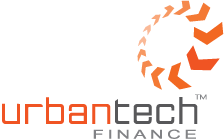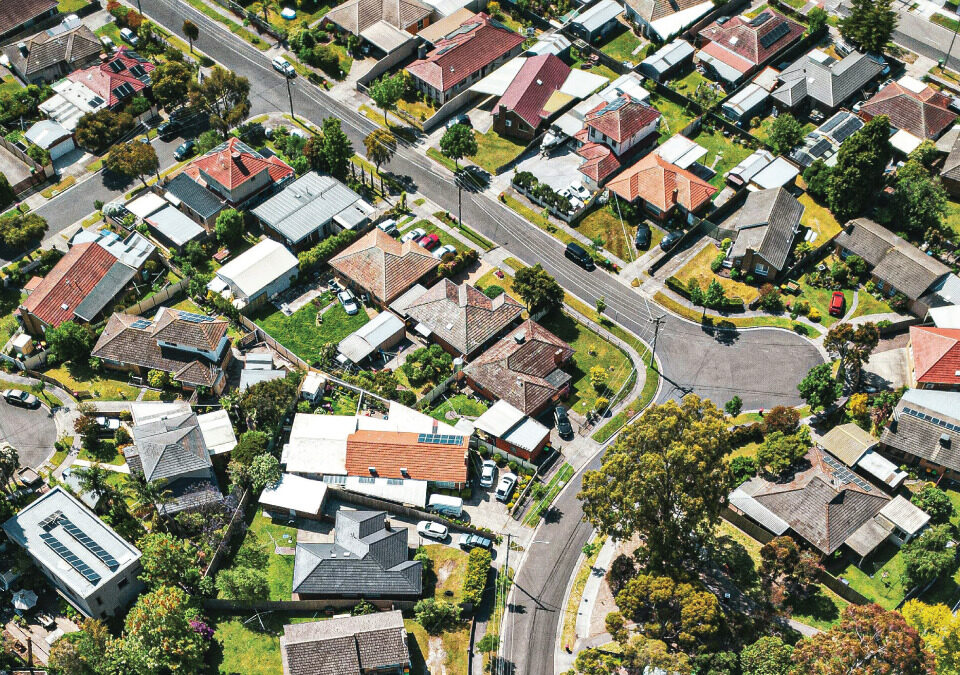- ENQUIRE ONLINE OR CALL US
- 08 8451 1500
Remember the banking royal commission? Changes are coming your way
The RBA’s interest rate statement for November 2020
The promise of open banking is big; a new, simpler way to share your personal financial data between banks, lenders and financial companies. It started on July 1. Here’s how it works and what it means to take back control of your data to get the best rates and offers.
Switching banks has long been something that Australians put in the ‘too hard basket.’ More than 40 per cent of Australians are with the same bank they started with as a kid, and switching often involves the arduous task of collecting paperwork and transaction history, then applying at a bank online or over the phone.
This means there’s little incentive for banks to offer you a competitive deal to remain a customer, and you miss out on other offers because switching is so difficult.
With open banking, that procedure and many others become a lot simpler, as ownership of that data is transferred from the banks to you. You can share your information with other banks and financial institutions to get better deals, service tailored to your circumstances, and control of your savings.
So, what exactly is open banking?
Open banking gives you what’s known as a Consumer Data Right (CDR). This gives you the right to share your banking data – like credit information, transaction history and account balances – with third parties accredited by the Australian Competition and Consumer Commission (ACCC).
These parties includes banks, financial institutions, fintechs and neobanks. You can ask for your data to be sent to these institutions whenever you want or need it to be, and you control who can access it – and for what purpose.
“Instead of having to hunt down your data, it will be transferred to other companies, so you can compare products or sign up for them more easily.”
Open banking legislation was passed by the federal parliament in August 2019. And from July 1, consumers have been able to direct the big four banks to share various elements of their financial data with accredited parties.
Why is it being introduced?
The simple reason is to put the power over banking data back into the hands of consumers that generated the data, rather than their financial institutions. Instead of consumers having to go through the process of tracking down transaction histories and other account details, the onus is now on banks to provide them to third parties.
This level of openness is designed to drive competition within the financial services sector, because customers will now find it easier to switch between banks and financial institutions. CDR is first being implemented in banking, before being introduced to other industries, such as energy and telecommunications .
How can I use open banking?
From July 1, the big four banks are now required by law to share your transaction account, deposit account, credit card and debit card data with any accredited third party – if you ask them.
For other data including home loans, investment loans, personal loans, joint accounts, closed accounts, direct debits, scheduled payments and payee data, you’ll need to wait until November. For data with other financial institutions outside the big four, you’ll be waiting until July next year.
Some of the uses of open banking include:
- Better control over financial products. Instead of having to hunt down your data, it will be transferred to other companies, so you can compare products or sign up for them more easily. Banks can assess your credit risk more simply because it’s easier to show credit history and account balances to prove your position for mortgages and loans.
- Better convenience over budgeting, saving and account visibility. You will be able to feed your banking data from a range of providers directly into budgeting and financial planning apps to help you manage your money.
- Better choice by making switching accounts simpler. Your bank is required to find and share your data, not you. It will be as simple as using an app or online banking platform. And direct debits – like streaming services or gyms – will not have to be switched over once direct debit details become shareable in November.
As more and more customers are reviewing their financial positions in light of COVID-19 and the low interest rate environment, many will find it useful to be able to compare financial products with greater control over their data.
How does it work?
The process requires your full consent and will take only a couple of minutes. The CDR website outlines five steps:
- Consent: Using the website or app of the company you want to share your data with, you’ll allow them to access your data.
- Identity check: Your bank will verify your identity.
- Confirm data: What data you want to share, how to share it, and for what period.
- Share data: Your data is transferred electronically from the bank to the recipients. This uses an API – a kind of software go-between that allows two applications to talk to each other.
- Use the provider’s service: You’ll then be directed back to the recipient’s app or platform, and you’ll be able to use it with your data,
Is the process safe?
The government is overseeing open banking as part of Australia’s CDR initiative, so it is regulated by the Australian Competition and Consumer Commission (ACCC) and the Office of the Australian Information Commissioner (OAIC). Only accredited institutions can take part, they were rigorously screened, and they are subject to strict standards. The processes were designed by CSIRO’s data standards body, Data61.
All data sharing is based on customer consent, and data recipients will need to delete any data after 12 months. Sharing is subject to the Privacy Act as well.
What can we expect next?
Only two data recipients have been accredited so far – personal financing fintech Frollo and the customer-owned Regional Australia Bank. As more are accredited in the coming months, customer use of open banking will continue to grow.
For more information or assistance with your finances please call us on 08 8451 1500
Cheers,
Urbantech Finance
Adelaide Mortgage Brokers + a lot more…


